by Courtney Pace
The theme of the 2025 Alliance of Baptist Gathering is “I Met God, and She’s a Black Woman: Womanism and Traditions of Resistance.” Womanism is rooted in the experiences and wisdom of Black women. Only Black women can be womanists, but everyone can learn from womanism and its commitment to oppose any form of oppression over anyone. To prepare our hearts for womanist prophetic proclamation, let us consider the story of Rev. Dr. Prathia Hall, whose life and work exemplify womanist brilliance.
Prathia Hall (1940-2002) was a civil rights activist, community organizer, scholar, and womanist preacher. Her father pastored Mt. Sharon Baptist Church in North Philadelphia, which strongly influenced her upbringing. She attended Philadelphia High School for Girls and excelled academically, including debate and public speaking, and studied race theory under her father’s tutelage. At Temple University, she learned non-violence philosophy and direct-action demonstrations, and she joined the Student Nonviolent Coordinating Committee (SNCC) in Southwest Georgia after graduation (1962).
Hall understood how to code switch for survival and helped new SNCC workers, many of whom were Northern white college students, understand navigating racism in the rural South. Hall understood that the local people carried the “wisdom of the ages,” the inherited freedom faith that empowered and sustained them for generations.
After a string of church burnings in 1962, Hall used the phrase “I have a dream” in a prayer service which Martin Luther King, Jr. attended. He asked her blessing to use her line and so admired her preaching that he described her as “the one platform speaker I would prefer not to follow.” They often spoke together to raise awareness and funding for civil rights work.
Hall led SNCC’s Selma voter registration project (1963) and organized collaboration among all six major civil rights organizations in Atlanta (1964). She was co-architect of the 1964 Mississippi Freedom Summer.
Hall joined the movement, in part, to run from her calling to preach, which she could no longer ignore. She pursued theological education (MDiv and PhD) at Princeton Theological Seminary. She was ordained by American Baptists (1977), the first woman accepted into the Baptist Minister Conference of Philadelphia and Vicinity (1982), and a well-respected professor of Christian ethics, womanist theology, and Black history at United Theological Seminary in Dayton, Ohio (1989-1998) and Boston University School of Theology (2000-2002). Ebony named her top of its list of “15 Greatest Black Women Preachers,” (1997) and she was the only woman considered for its “10 Greatest Black Preachers,” ultimately placing eleventh.
Hall’s central idea was Freedom Faith, that God wants everyone to be free and equips and empowers those who work for liberation. She told a reporter, “Ministers have a responsibility to stand against racism, sexism, ageism—all the ‘-isms’ that put people down. It’s not a ministry if it doesn’t liberate us.”
Before the term “womanist” existed, Hall modeled womanist preaching, centering women’s narratives in the text, emphasizing Jesus as liberator, opposing any oppression over anyone. By combining the best of Black preaching tradition with an unwavering call to womanist liberation, Hall’s preaching bridged personal faith and social justice seamlessly, rooted in her belief that the gospel demands both: “For whatever it is that we who mount the sacred desk do when we come to the pulpit, if it is not good news to the poor, if it is not deliverance to the captives, if it is not sight to the blind, if it is not freedom to the oppressed, it may be sweet, it may be eloquent, it may even be deep, but it ain’t preaching’.”
Hall’s central idea was Freedom Faith, that God wants everyone to be free and equips and empowers those who work for liberation. She told a reporter, “Ministers have a responsibility to stand against racism, sexism, ageism—all the ‘-isms’ that put people down. It’s not a ministry if it doesn’t liberate us.” When churches perpetuated patriarchal dominance, they traded the gospel for power and imbued only “pathologized oppression,” wherein women learned to perpetuate their own oppression within and upon themselves.
Womanism emerged through foremothers like Zora Neale Hurston, Ntozake Shange, Toni Morrison, June Jordan, and Audre Lorde, who centralized Black women’s experiences and historical agency. Amidst feminist insistence that sexism was the greater evil and Black men’s insistence that” racism was the greater evil, Black women “were being asked to split [them]selves in two in some cruel game of tug-of-war,” as if Black women “had no authority, agency, or freedom to name our whole selves.”
Alice Walker’s In Search of Our Mothers’ Gardens introduced the term “womanist” in 1983. Karen Baker-Fletcher described her reaction: “I felt like I could breathe again as I read her definition of womanist. I felt the roots that are the veins of my body being watered with the Spirit of life as her words touched my heart.” Kelly Brown Douglas found in Walker’s definition the “verifi[cation of] the power of the Black female voice to speak with authority about the complicated and wonderfully adventurous reality of being embodied Black and woman…[and] quickly moved from being words on a page to symbolizing a movement of Black women claiming our voices, claiming our spaces to tell our own diverse stories of living.” Katie Cannon and Renita Weems both credited Prathia Hall as a proto-womanist, who pioneered critical engagements with biblical studies, theology, ethics, and history, creating new, womanist ways of doing the work, validating Black women’s experiences as legitimate ways of knowing.
Hall’s prophetic womanist hermeneutic was rooted in the heritage of the Black freedom struggle, but contextualized in her experiences, academic work, and ministry: “It was a predicament of often competing and conflicting loyalties to Christ, Church, denominational leadership, family, race, women, and self in which loyalty to others could result in disloyalty to self.” Her social-ethics-informed, womanist hermeneutic sought “consciousness of the multidimensional oppressions which impact Black women’s social reality, with special attention to the primary forces of racism, sexism, and classism,” bearing resemblance to what Kimberlé Crenshaw would later dub “intersectionality,” or the compounding impact of multiple forms of oppression, in particular that Black women didn’t “merely face racism plus sexism, but racism times sexism times classism.’’
Hall was a candid wordsmith, weaving scholarship, prophetic witness, and experience as she addressed death, domestic abuse, racism, financial difficulty, public health crises, public policy, education, and sexism from the pulpit. She named lived realities, knowing that her sermons must connect with the daily economic, cultural, and family dynamics her congregation faced. She intentionally utilized techniques of the Black preaching tradition—pauses, crescendos, syncopation, repetition, alliteration, and the whoop—so that her message of womanist justice resonated accessibly within that heritage.
Hall’s attention to women, both in the biblical text and the pews, restored them to primary importance within orthodoxy and orthopraxy. Hall recovered stories of biblical women from misogynistic readings by centralizing women’s experiences in hermeneutical inquiry, honoring women’s discipleship and ways of knowing as valid genesis of revelation, and offering corrective exegesis to passages commonly misinterpreted by patriarchal domination.
Hall consistently preached the need for working together as one human family to mediate the needs of all people for freedom and liberation. She invited her hearers to consider their experiences as part of a larger story of God’s work in their lives and the world around them, as bearers of Freedom Faith.
As you prepare your heart for this year’s Gathering, recognize the holy opportunity to hear a fresh word from God. Where may you have been complicit with systemic oppression? Where can you divest yourself of privilege? Where are you (un)knowingly centering yourself, but need to be quiet? How has God been active in the world that you could not see before? What does this mean for you, your family, and your congregation?
Bibliography
- Freedom Faith: The Womanist Vision of Prathia Hall by Courtney Pace (Univ of GA Press, 2019)
- Beyond Eden: Collected Sermons and Essays of Prathia Hall by Courtney Pace (Univ of GA Press, 2022)
- Prathia Hall Papers, Princeton Theological Seminary Library
- Preaching with Sacred Fire: An Anthology of African American Sermons, 1750 to the Present, edited by Martha Simmons and Frank A. Thomas (New York: W.W. Norton & Company, 2010)
- Deeper Shades of Purple: Womanism in Religion and Society, ed. By Stacy M. Floyd-Thomas (New York: New York University Press, 2006)
- In Search of Our Mother’s Gardens by Alice Walker (San Diego: Harcourt, 1983)
- “Demarginalizing the Intersection of Race and Sex: A Black Feminist Critique of Antidiscrimination Doctrine, Feminist Theory and Antiracist Politics,” by Kimberlé Crenshaw, University of Chicago Legal Forum: Vol 1989; Iss. 1, Article 8
- “What’s In A Name: Womanism, Black Feminism, and Beyond,” by Patricia Hill Collins, The Black Scholar 26.1 (Winter/Spring 1996):9-17
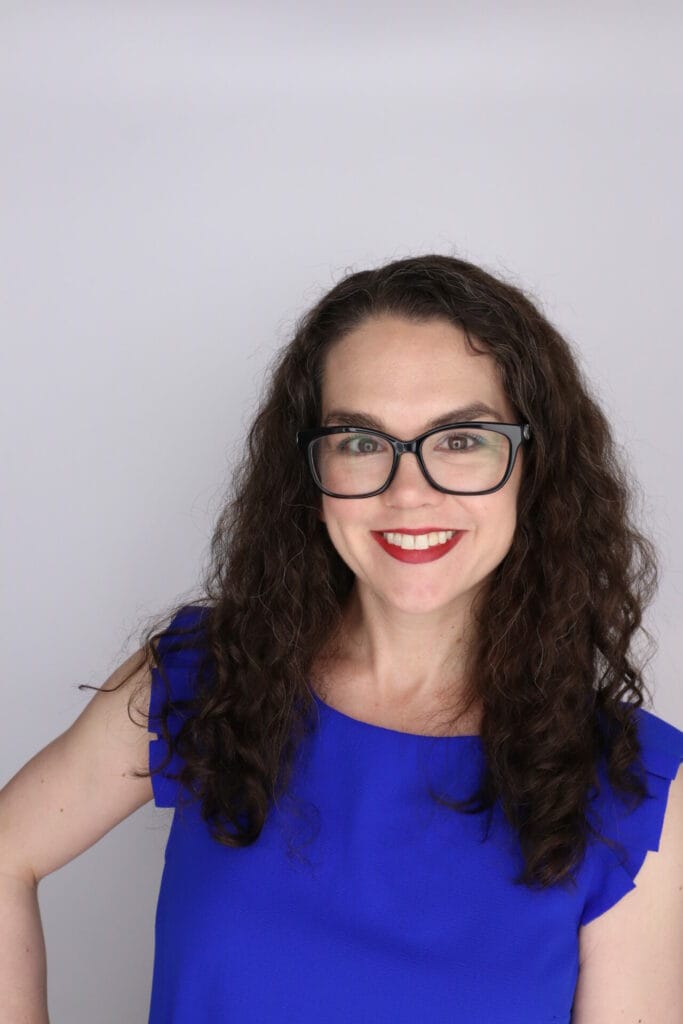
Rev. Courtney Pace, PhD, is the Prathia Hall Scholar in Residence of Social Justice History for Equity for Women in the Church. She has a PhD in Religion from Baylor University (2014), a Masters of Divinity in Theology from George W. Truett Theological Seminary (2007), and a Bachelor of Science from The University of Texas at Arlington (2004). She researches social justice movements in American religion, particularly race and gender. In addition to her two books about Prathia Hall, she is the author of 150+ peer-reviewed articles, book chapters, book reviews, and encyclopedia articles. She is an ordained Baptist minister and has trained as a figure skater for 31 years. She was named among Memphis’s 40 Under 40 in 2023.

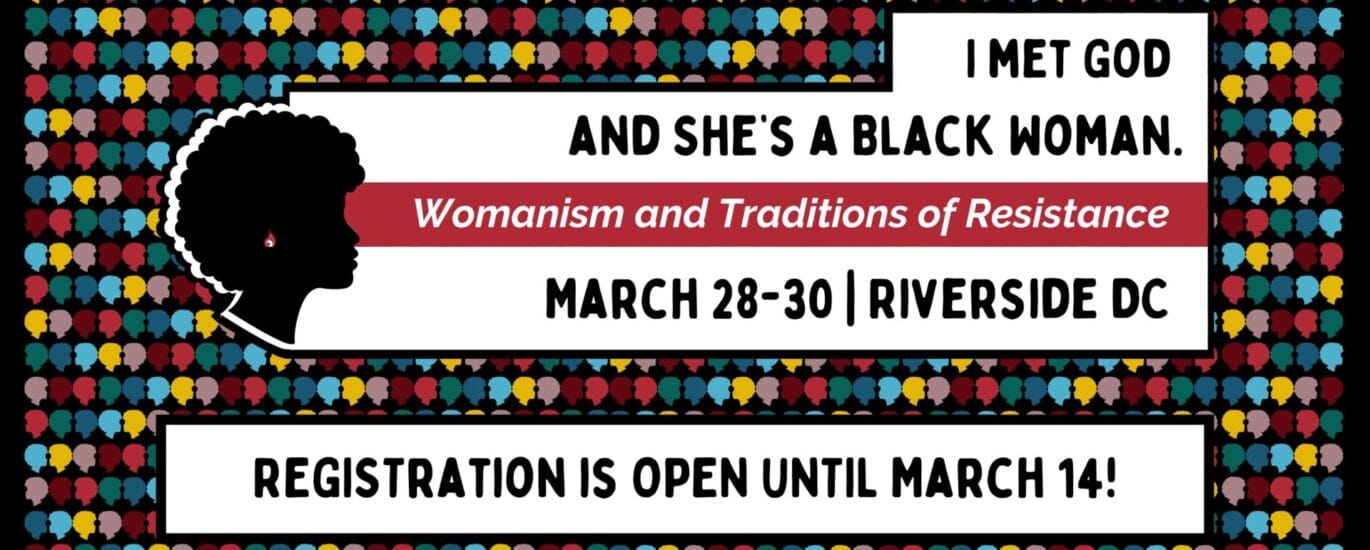
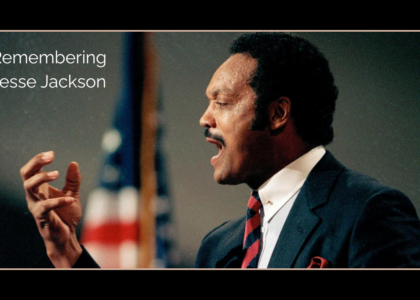
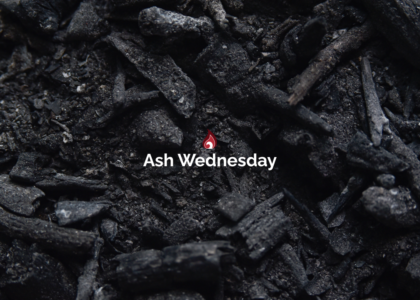
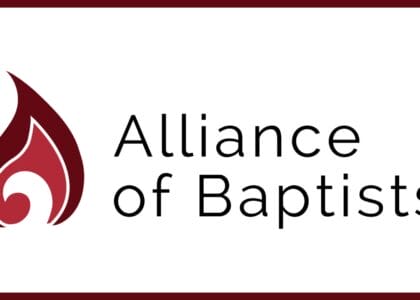
Recent Comments